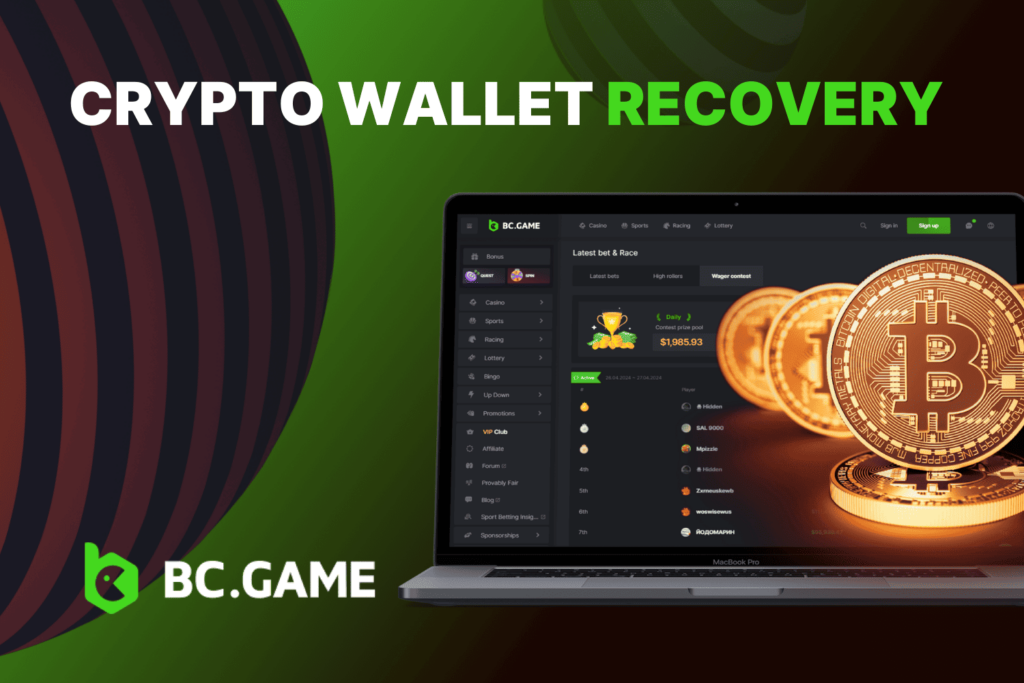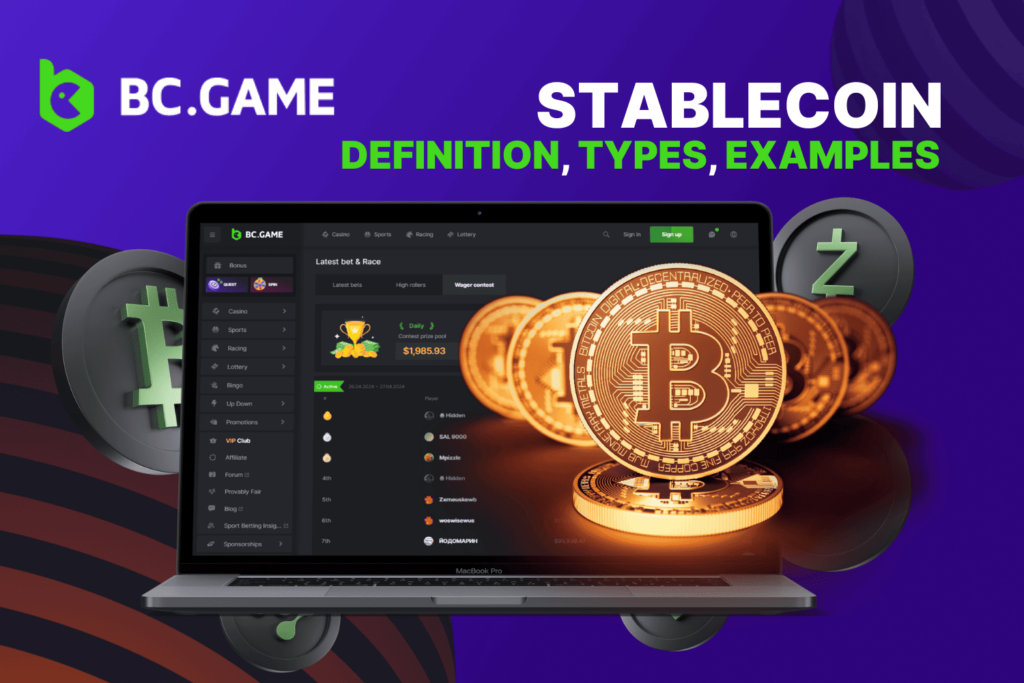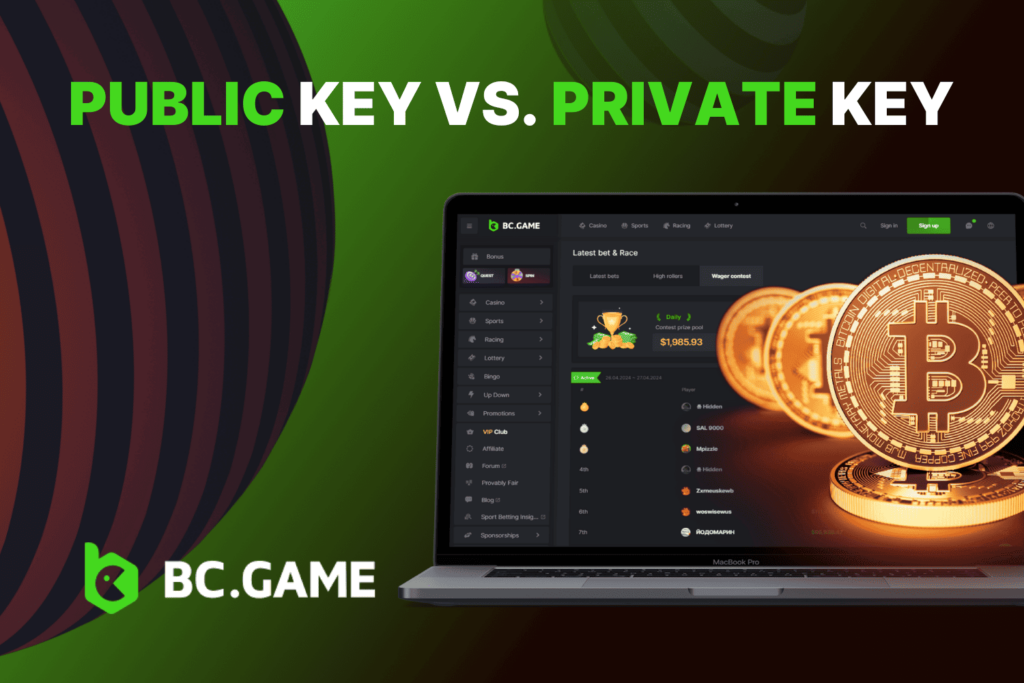
Users of cryptocurrencies may trade, buy and sell digital assets, and sometimes participate in other financial transactions on dynamic platforms known as cryptocurrency exchanges. Understanding what is a crypto exchange is crucial for anyone wishing to enter the realm of digital currency. These systems serve as the foundational infrastructure for the trading and management of digital assets.
What is a Cryptocurrency Exchange?
A cryptocurrency exchange is a platform where users can buy, sell, or trade cryptocurrencies for other digital or traditional currencies, such as USD or EUR. Serving as the bridge between traditional banking and the world of digital assets, these exchanges play a crucial role in the functioning of the entire cryptocurrency ecosystem.

A cryptocurrency exchange serves mainly to enable trading of cryptocurrencies. Matching purchase orders with sell orders this creates a marketplace where users may make deals at either market or set pricing. How do crypto exchanges work? They run essentially on a similar basis as conventional stock exchanges. The main distinction is the assets traded: these systems handle cryptocurrencies such Bitcoin, Ethereum, and many more instead of equities.
Types of Cryptocurrency Exchanges
Two main categories may be used to generally classify cryptocurrency exchanges: centralized (CEX) and decentralized (DEX). Each type has its advantages and disadvantages as well as unique qualities. Understanding how cryptocurrency exchange works within these frameworks is key to recognizing their operational dynamics.
Centralized Exchanges (CEX)
The most often used kind of crypto trading platform is centralized one. Their operations are supervised by a business that keeps total control over all dealings. Users of centralized types of crypto exchanges lack complete control over their cash because they do not have control of their private keys, which implies so.
characteristic
| ⬇️ Feature | 🔸 Centralized Exchange (CEX) | 🔹 Decentralized (DEX) |
|---|---|---|
| Control | Controlled by a company | User maintains control |
| Security | Potentially higher risk of hacks | Reduced risk of hacks due to decentralization |
| Ease of Use | Generally user-friendly with more features | Can be less intuitive and have fewer features |
Decentralized Exchanges (DEX)
By letting transactions happen directly between users (peer-to-peer) without an intermediary, Decentralized Exchanges (DEX) offer a distinct trading strategy. Since this approach significantly reduces the possibility of centralized points of failure that hackers may exploit, security is greatly enhanced. In the context of a DEX, smart contracts that automate the exchange procedures ensure transactions are carried out as intended without any potential of censorship or third-party influence, therefore guiding the way cryptocurrencies are traded. Understanding how to choose a crypto exchange is crucial when considering the use of DEXs, as factors such as security features, user interface, and asset availability play critical roles in the selection process.
Peer-to-Peer (P2P) Platforms
Direct approach to crypto trading is made possible by Peer-to- Peer (P2P) platforms. Buyers and sellers engage straight-forwardly on these sites to negotiate pricing in a dispersed environment. Often times, this leads to lower costs and more competitive pricing. For individuals looking for a crypto exchange with flexibility, negotiating ability, and a more individualized trading experience, P2P platforms are perfect. The thorough study on P2P Crypto Exchange offers complete understanding of their mechanics and benefits, so you may consult it for an in-depth explanation on how P2P exchanges run.
How to Choose the Right Cryptocurrency Exchange
When selecting the right crypto exchange, several factors must be carefully considered to ensure a successful and secure trading experience. Below are key aspects that should guide your decision:
- Security
For traders and investors looking to participate in digital assets, choosing the correct crypto exchange is crucial. The exchange must have robust protection against cyber threats and offer secure transaction methods to ensure users’ safety.
- User Interface
The exchange should have a simple and user-friendly interface, making it easy for both novice and experienced traders to use without any difficulties.
- Customer Service
Good customer service is essential for maintaining user trust. The exchange should offer quick and effective support to resolve any issues, contributing to higher customer satisfaction.
- Available Cryptocurrencies
A wide range of cryptocurrencies ensures that users have multiple trading opportunities, offering more choices to traders in line with their strategies and preferences.
The Best Crypto Exchanges
The best cryptocurrency exchange largely depends on security, costs, and trading volume. Based on these parameters, the top 5 exchanges are compared here:
| ⬇️ Exchange | 🔁 Trading Volume | 💸 Fees | ☑️ Security Features |
|---|---|---|---|
| Exchange A | High | Low | 2FA, Cold Storage, SSL Encryption |
| Exchange B | Medium | Medium | 2FA, Multi-Signature, DDoS Protection |
| Exchange C | Very High | Low | 2FA, Cold Storage, Real-Time Monitoring |
| Exchange D | High | High | Multi-Signature, Cold Storage, Encryption |
| Exchange E | Medium | Low | 2FA, DDoS Protection, Continuous Auditing |
Cryptocurrency Exchange Fees
Knowing the fee structure of a cryptocurrency exchange is very vital as it directly influences trading activity profitability. Between exchanges, costs may vary greatly and include additional service-related fees as well as trading fees and withdrawal fees. While some exchanges could charge less for more volume of transaction, most charge a percentage of each deal.
Furthermore influencing withdrawal costs are the kind of cryptocurrency and the withdrawal amount. When deciding on an exchange, traders should evaluate these costs in line with their criteria to make sure they choose a platform with reasonable prices that maintains strong security and dependable user interface.
Security in Cryptocurrency Exchanges
The choice and running of crypto exchanges still mostly rely on security as a top issue. Given the many kinds of cryptocurrency exchanges already in use, strong security measures are absolutely necessary to guard against cash theft and data leaks. Two-factor authentication (2FA), encryption, and cold money storage are among the effective security policies. Exchanges should also use audits and ongoing monitoring to identify and lessen any security risks early on.




















